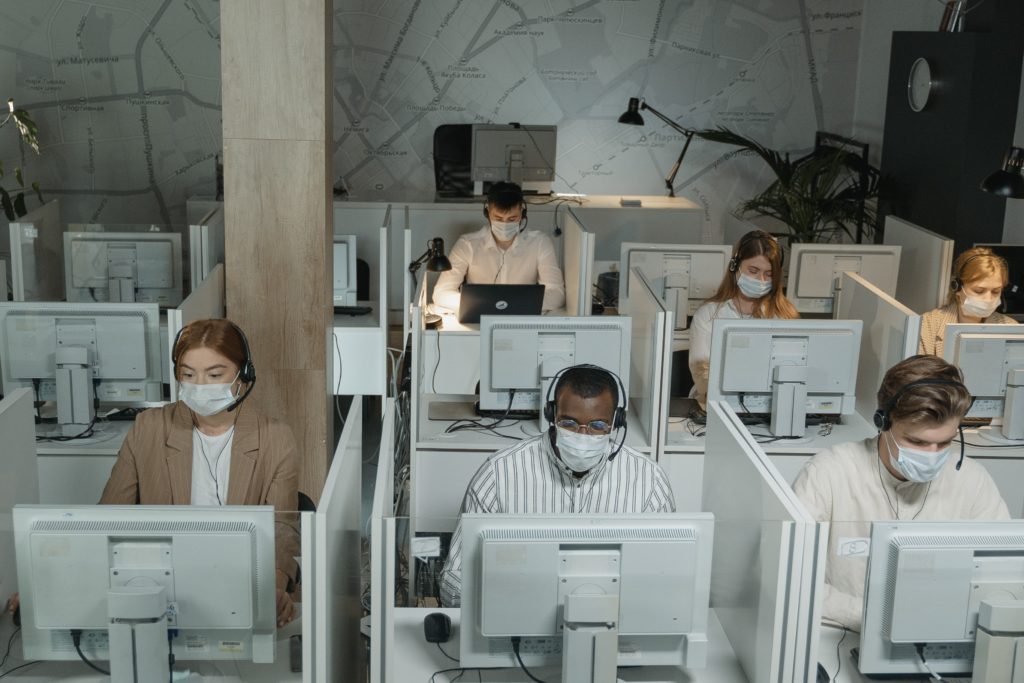This is the story of thou.
In the beginning of this language it just meant “you.” Just a single “you,” no matter if it was a child or a peasant or a king. Any more than one “you” was “you.” But if you were alone, you were “thou.”
And as is often the case, it was kings who started to ruin things. In their hubris they demanded to be plural: a royal “we,” a royal “you.” People had to pretend there were multiple sets of eyes up there on “your” throne, your majesty.
And from there, it was inevitable. If a king could be “you,” well, why not a duke? Why not a viscount? Why not a knight? Why not a merchant, a grandparent, anyone whose boots were cleaner than yours?
They all became “you” too. And you stayed “thou,” if you were lowly or young or worthy of contempt.
Dost thou see where this is going?
Before too long it was rude to say “thou,” no matter who you were talking to. It implied that you thought you were above the other person. Of course, sometimes people meant it this way. But people tend to be polite, on the whole, so to be safe everyone called everyone “you.” Especially when just about anybody could become rich, or pretend to be.
This went on until most people forgot to ever say “thou” to anybody. The Friends kept doing it, and some people in Yorkshire, and Baptists when they read from the King James Bible, and people in Shakespeare plays, and the rest of us moved on.
We were “youing” all over the place, indiscriminately. At some point we grew annoyed at the ambiguity of “you.” Did I mean one person, or many? How could I tell? Various inventive strategies arose in different places: “y’all.” “Youse.” “Y’ins.” All ways to distinguish the singular you from something else.
(We forget that we already had the technology for this, if only we were willing to return to thou.)
And by that point, people only ever heard “thou” in old-timey ways, on stage and in stuffy movies, in English class, from people in robes. It became a verbal doublet, a verbal ruff. When you wanted to resurrect the sound of something high-and-mighty, holier-than-thou, you would sprinkle in some thous. You’d add some old-timey conjugations to your words, even if it madest no senseth.

This is the story of thou. From singular to informal to rude to stuffy.

